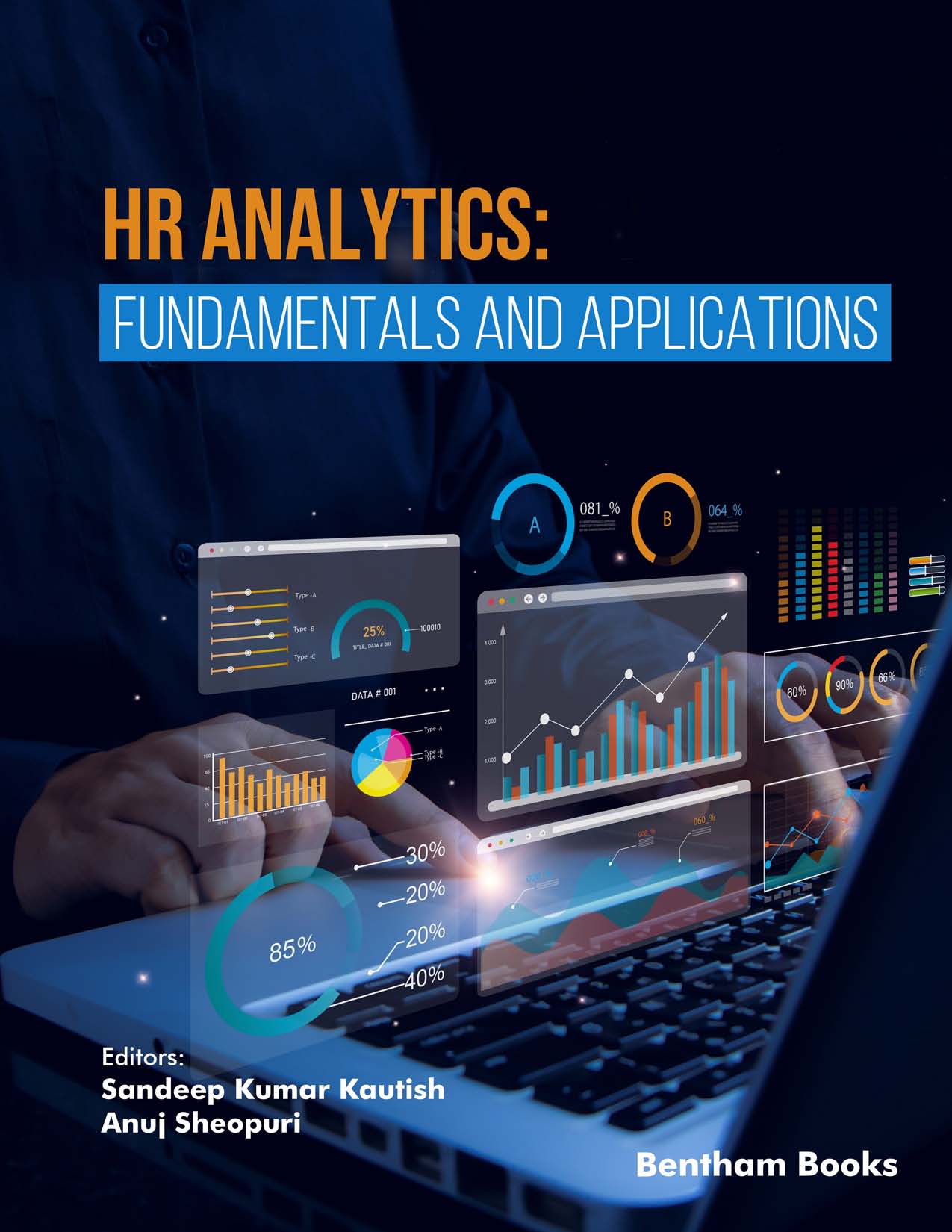Preface
This book, “HR Analytics: Fundamentals and Applications”, aims to compile innovative methods and literature related to HR analytics. It throws light on the role of analytics in the human resource industry, portrays the challenges and resistance that are faced in the industry, and determines how HR analytics is transforming and supporting various activities in the field of HR. In recent decades, advances in information technology and systems have reduced the time HR professionals spend on transactional and administrative activities, thereby creating more time and opportunities for transformational activities supporting the realization of strategic organizational objectives.
The content presented in this book offers a variety of methods/techniques that will provide an effective and sustainable solution for analytics, which has turned out to be one of the most gripping and useful tools. Therefore, HR analytics can go a long way toward sensitizing people toward building upon employee relations. It helps to create an employee-centric organization by providing HR professionals the required skills and opportunities to work and adapt to a data-driven environment and make informed and data-backed decisions. The topics covered are – the roles of HR analytics in people management, how various tools and techniques are used in recruitment and selection practices, and also its role in predicting employee performance. Overall, the concepts, advantages, and obstacles of HR analytics are discussed.
This edited book sheds light on upcoming trends, challenges, and future research directions in HR analytics. The editors have explored the topics and the subjects that are impressive and impactful. We hope the exploration of what it takes to successfully launch and grow these capabilities will boost awareness of how HR professionals can lead the charge to change while elevating the function’s status in the eyes of stakeholders.
We would like to express our heartfelt gratitude to our reviewers who have helped despite their hectic schedules. Thank you very much to all our authors for submitting their work. We would like to express our heartfelt gratitude to Bentham Science Publishers for accepting our proposal to edit this book and for their unwavering support throughout the editing process. Thank you to everyone who has contributed, directly or indirectly, to the completion of this edited book.
We believe the efforts we rendered for editing the book are worthwhile only if this book is of any use to the ordinary end-users of our society. This gratification will motivate us to produce more edited publications that will benefit society.
Sandeep Kumar Kautish
LBEF Campus Kathmandu Nepal Asia Pacific
University of
Technology & Innovation
Malaysia (Kathmandu Campus)
&
Anuj Sheopuri
Deptartment of Management, Uttam
Institute of Management
Studies, Ranukta
Agra-282007, India

